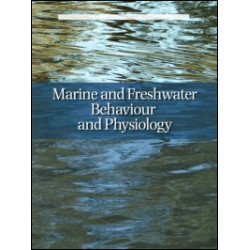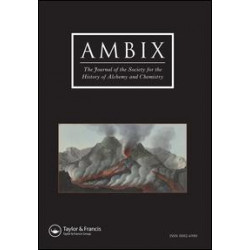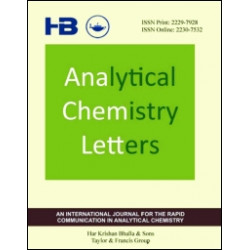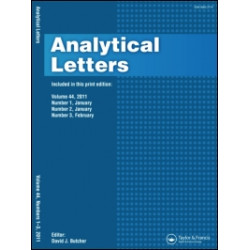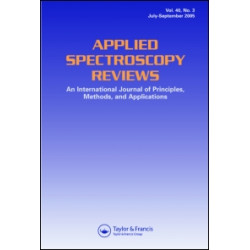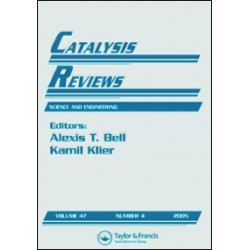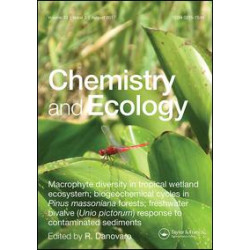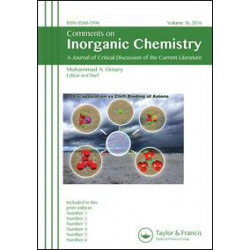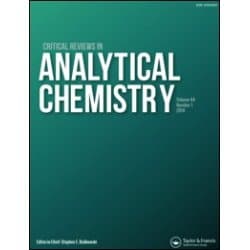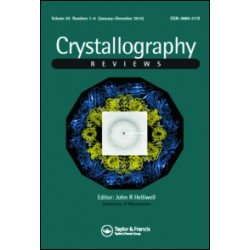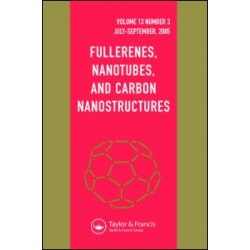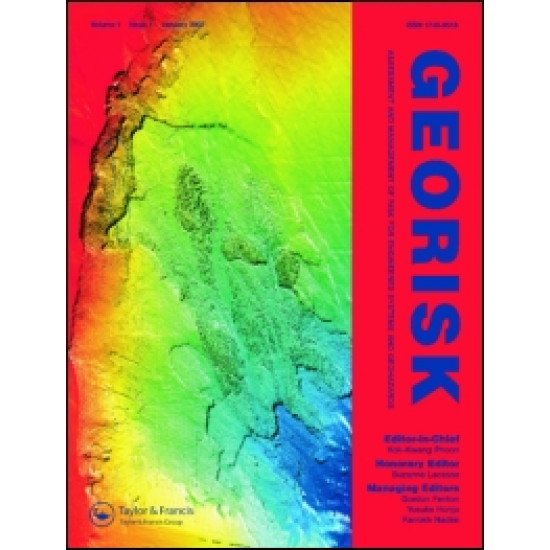
The underlying theme is that uncertainties associated with geomaterials (soils, rocks), geologic processes, and possible subsequent treatments, are usually large and complex and these uncertainties play an indispensable role in the risk assessment and management of engineered and natural systems. Significant theoretical and practical challenges remain on quantifying these uncertainties and developing defensible risk management methodologies that are acceptable to decision makers and stakeholders. Many opportunities to leverage on the rapid advancement in Bayesian analysis, machine learning, artificial intelligence, and other data-driven methods also exist, which can greatly enhance our decision-making abilities.
The basic goal of this international peer-reviewed journal is to provide a multi-disciplinary scientific forum for cross fertilization of ideas between interested parties working on various aspects of georisk to advance the state-of-the-art and the state-of-the-practice. Besides acting as a focused forum and promoting integration between disciplines, other key features of this journal include:
- Fostering dissemination of information between research and practice.
- Encouraging practice-oriented papers.
- Encouraging papers reporting actual statistics with supporting databases.
- Encouraging papers developing modern data-driven methods that can derive deep insights from real-world multivariate, incomplete, and uncertain data.
- Including occasional educational papers that would enhance the knowledge and understanding of the non-specialist.
- Including cross-disciplinary papers that enhance the social and behavioral dimensions in risk dialogue between scientists, policy makers, and the public for improving risk communications and promoting a more balanced risk debate in general.
In consultation with the editors, distinguished members of the georisk community may be invited to serve as guest editors covering focused themes such as natural hazards, dam safety, offshore safety, seismic risk, environmental risk, reliability-based design, geostatistics and probabilistic site characterization, probabilistic finite element methods, case histories, GIS databases, machine learning, and other related topics.
The following types of manuscripts are welcome:
- Reviews,
- Original Articles,
- Technical Notes,
- Discussions,
- Conference Reports,
- Event Announcements,
- Georisk Letters, and
- Special Issue Articles
All published research articles in this journal have undergone rigorous peer review, based on initial editor screening and anonymous refereeing by independent expert referees.
STAR
Taylor & Francis/Routledge are committed to the widest possible dissemination of its journals to non-profit institutions in developing countries. Our STAR initiative offers individual researchers in Africa, South Asia and many parts of South East Asia the opportunity to gain one month’s free online access to 1,300 Taylor & Francis journals. For more information, please visit the STAR website.






